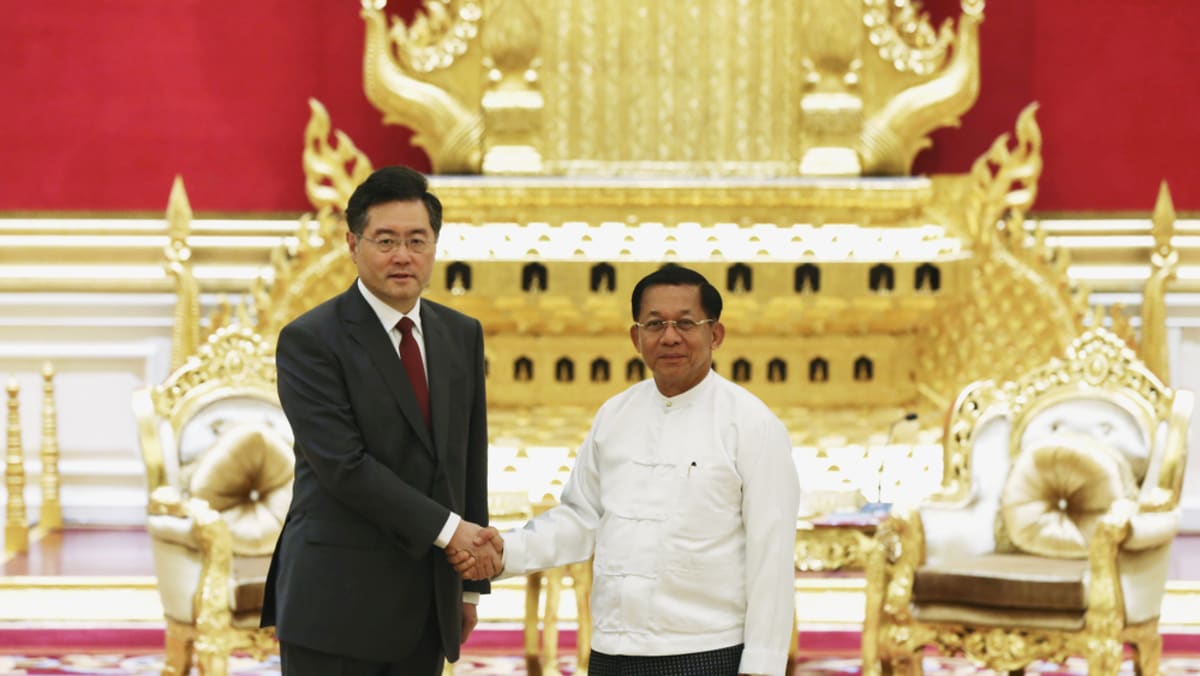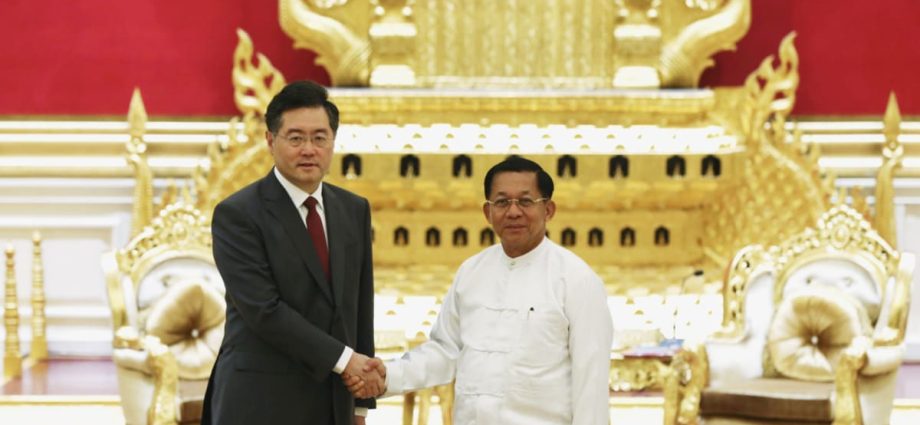
With more high-level engagement likely soon, the question of how China can encourage positive outcomes for Myanmar requires a focus on its core interests. While Myanmar’s economic growth until the coup was advantageous, the fact that the coup leaders are almost friendless – and despised even in ASEAN – offers a different upside.
CHINA’S COURSE OF ACTION
For now, China can harness the Myanmar military’s appetite for attack aircraft, heavy weapons and constant resupply of ammunition and technical equipment to bolster its role as the patron-in-chief. Russia has traditionally taken a similar approach. For Beijing and Moscow, Myanmar is part of a convenient global constellation of countries pushed to the outer edge of the international system.
Whatever its short-term strategy, it would help China’s standing in ASEAN, and even in countries like Australia, if it showed a creative instinct to use its wealth and influence to broker better outcomes for the people of Myanmar.
The fear is that China will instead continue to manipulate Myanmar’s impoverished and downtrodden status while fuelling, through its lucrative weapons exports, some of the most atrocious violence seen in Southeast Asia for generations.
When the dust finally settles in Myanmar, its people will rightly ask who sustained the reviled military regime. Right now, the answer is that Beijing offered “friendship” to the coup-makers, an irony for a Communist Party so committed to regime and institutional stability.
Yet with the right attention to China’s role and self-interests, it is still possible to imagine shifting positions, where Chinese institutions eventually work out how to negotiate a more peaceful settlement. At a time when China talks regularly about peace in European, Middle Eastern and African conflict zones, a positive contribution in Myanmar would be welcomed by all.
Nicholas Farrelly is Professor and Head of Social Sciences at the University of Tasmania. This commentary first appeared on East Asia Forum.

